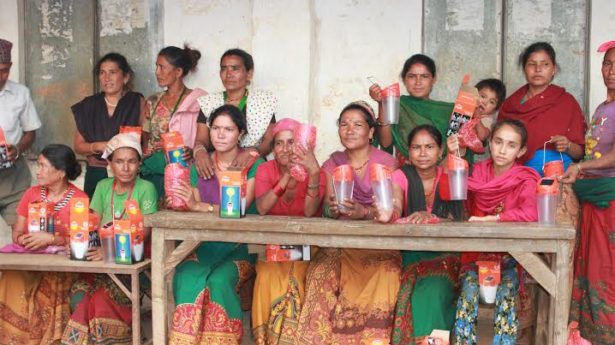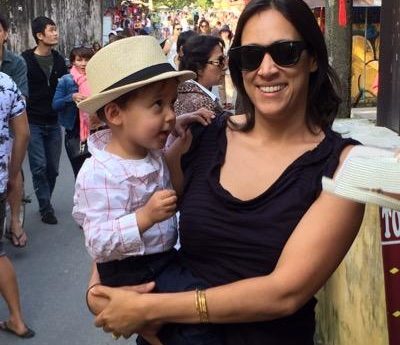The Unitarian Universalist Service Committee advances human rights through grassroots collaborations.
Wheels Down in Nepal
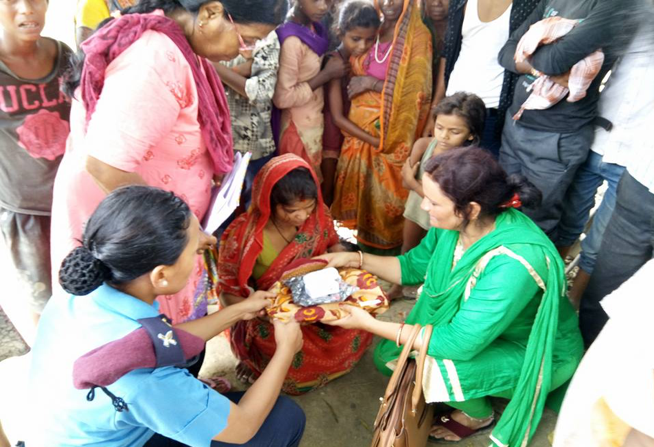
By on February 6, 2018
Tonight, while many are asleep in their beds, Michael Kourabas and I will be on a plane heading east for Kathmandu, the capital city of Nepal. We make up UUSC’s two-person Program and Partner Support team, and much of what we do involves supporting and communicating with our grassroots partners, albeit primarily through digital means. So, this opportunity to meet staff from these amazing organizations face-to-face, a first for me, is both exciting and humbling.
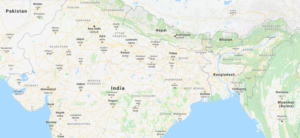
The last time UUSC staff visited Nepal was in the immediate aftermath of back-to-back earthquakes in April and May of 2015. Natural disasters are non-discriminatory about where they hit and often exacerbate existing issues within a region or community. When the earthquakes hit, Nepal was already struggling with poor governance and political instability, which greatly impacted attempts to rebuild and strengthen resiliency.
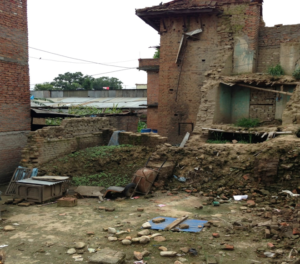
The international humanitarian aid community rallied, pledging $4 billion as part of its response. Sadly, as is often the case, little of this money reached the parties coordinating on-the-ground response or vulnerable populations most needing relief, and a lack of local knowledge resulted in actions actually detrimental to response and recovery.
At UUSC, we use a different model for our support. Consistent with our rights-based approach to emergency response and recovery, we looked to local Nepali organizations to lead the way on identifying those most vulnerable – including women, girls, children, Dalits (members of Nepal’s lowest caste), and Indigenous Peoples – and solutions for protecting their rights, safeguarding equity, and building their capacity and resiliency.
Take the Tewa organization for instance. They provided pre- and post-natal care to pregnant women and sent women volunteers directly into earthquake-affected districts to support everything from income generation and gender sensitivity to clean-up and construction.
Natural disasters are destructive enough, but they also leave groups vulnerable to exploitation. In the case of Nepal post-earthquake, international investors and bilateral aid agencies were pushing for massive hydropower developments with significant negative repercussions for historically marginalized Indigenous Peoples living in the remote areas planned for development. With support from UUSC, Lawyers’ Association for Human Rights of Nepalese Indigenous Peoples (LAHURNIP) stepped in, supporting the Indigenous Peoples at risk of involuntary displacement by helping them challenge hydropower projects, fight for compensation, and advocate for their rights.
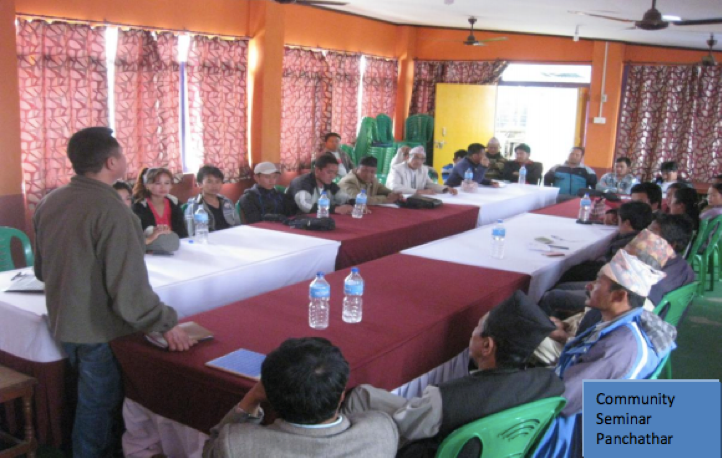
UUSC’s sustained response to the Nepal earthquake included funding more than half a dozen grassroots organizations over multiple years. In any span of time, additional natural disasters can occur. This is, unfortunately, what happened in Nepal, which experienced severe flooding and landslides after a monsoon in August 2017. More than 300,000 families were impacted. Luckily, UUSC’s deep, existing relationships established during the earthquake response, allowed us to take action quickly and provide immediate funding to three partners, Tewa, Women for Human Rights – Single Women Group, and Empower Generation, helping them, in turn, coordinate humanitarian aid efforts and distribute items spanning from hygiene kits to tents and solar lamps.

In the coming week, Michael and I will have the privilege of sharing space with these beautiful partners, hearing their experiences and how their response to the earthquake and flooding unfolded. We’ll also get to visit communities where our partners provided their support, like Rasuwa district, only a few hours’ drive north of Kathmandu. Rasuwa is one of the remote areas slated for hydropower development after the earthquake.
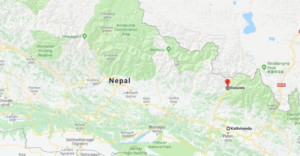
In a world where natural disasters are inevitably increasing, the voices and insights of our partners and those most impacted are essential to helping UUSC identify what our role is and will be in protecting human rights when communities face disasters, especially as recovery time between them continues shrinking.
We are energized and honored to represent the UUSC community in Nepal. We’ll certainly be reporting back – join us on Facebook and Twitter for updates.
